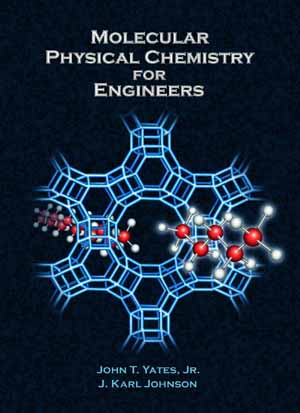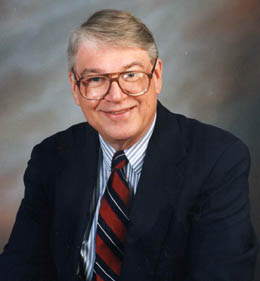
Molecular Physical Chemistry for Engineers
Offering a distinct emphasis on the behavior of matter from the molecular viewpoint, this book is designed for a one-semester undergraduate course on physical chemistry for engineers and materials scientists.
Summary
Offering a distinct emphasis on the behavior of matter from the molecular viewpoint, this book is designed for a one-semester undergraduate course on physical chemistry for engineers and materials scientists. After a brief introductory review of the basic thermodynamic foundations, the book covers three core areas of physical chemistry — quantum chemistry, statistical mechanics, and kinetics. A final chapter provides case histories that use molecular modeling to solve engineering problems. The book includes a broad range of exercises throughout, and an Instructor’s Manual is available for adopting professors.
Translated into Japanese and Korean.
Resources
Table of Contents
1. Brief Review of Some Elementary Thermodynamics—The Thermodynamic Functions
2. Quantum Theory—Historical Development
3. The Schrodinger Equation
4. Application of Quantum Theory to the Energetics of Electrons, Atoms, and Molecules
5. Statistical Mechanics—Fundamental Ideas and Applications
6. The Kinetic Theory of Gases
7. Chemical Kinetics and the Rates of Chemical Reactions in Gases and on Surfaces
8. Engineering Applications of Molecular Modeling
Reviews
“In summary, the book is, overall, excellent.”
-TCE Today, September 2008
“This book fits exactly my needs for a textbook in teaching our course specifically designed for Chem Engineering majors…I profoundly thank and congratulate the authors for putting this book together. It is greatly needed, will be widely used, and enormously appreciated.”
-Professor D. Wayne Goodman, Texas A&M
“I had a lot fun reading through this textbook. Its main assets are an excellent choice of topics, a logical sequence of chapters, and, in particular, a very patient and detailed introduction to the difficult concepts of quantum mechanics and statistical thermodynamics. Very importantly for engineering students, the authors end with a chapter on engineering applications.”
-Peter G. Vekilov, University of Houston


